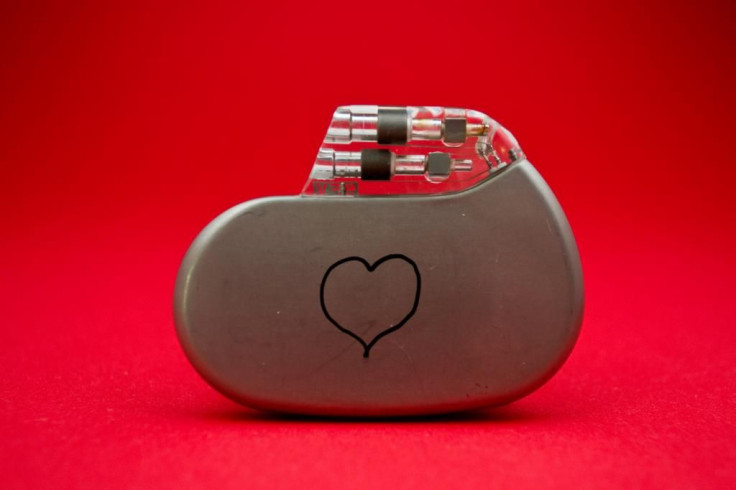Fainting A Lot? There Might be a Fix

“Fainting isn’t fun when it’s happening to you or it’s happening to someone else, it is scary and it is unpleasant,” explained Hank Green, a science personality, in a YouTube video. “ When you faint, it's because your nervous system went haywire, and your brain wasn't getting enough oxygen.”
For some people, fainting is an experience that happens on a rare occasion -- from something as small as a blood draw, from seeing blood, going through a physical trauma, or exerting themselves. The Cleveland Clinic reports that about a third of people have fainted at some point in their life. Fainting once is not necessarily something to worry about.
But chronic fainting can be terrifying and dangerous. “If it happens repeatedly, it has a major impact on quality of life – at the same magnitude as a chronic disease,” said Michele Brignole, Ph.D., in comments at the recent virtual European Society of Cardiology, where Dr. Brignole presented his research.
The Faint of Heart
Dr. Brignole explained that for some people, fainting lands them in the emergency room. “This unpredictability raises the risk of falls and even serious trauma,” he said. One reason for fainting is a skipped heartbeat. For these patients, the researchers used pacemakers to fill in that skipped beat. A pacemaker creates electrical impulses, causing the heart's muscle chambers to contract. This contraction forces the blood through the chamber.
In the study, more than 100 people were fitted with a pacemaker and followed for the next year. It turned out that those who had a pacemaker were 77% less likely to faint.
Picking up the Pace
The pacemakers themselves seemed to cause few complications. Given that previous medical intervention couldn't get beyond prevention, people who chronically fainted were told to stay hydrated, avoid crowded spaces, and lie down if they felt faint.
Dr. Brignole seemed optimistic about pacemakers. “Our study shows that pacing can be an effective treatment for selected people with unpredictable fainting episodes,” Brignole said, “We hope this new treatment option will enable these patients to resume a normal life without fear of blackouts.”
Published by Medicaldaily.com



























